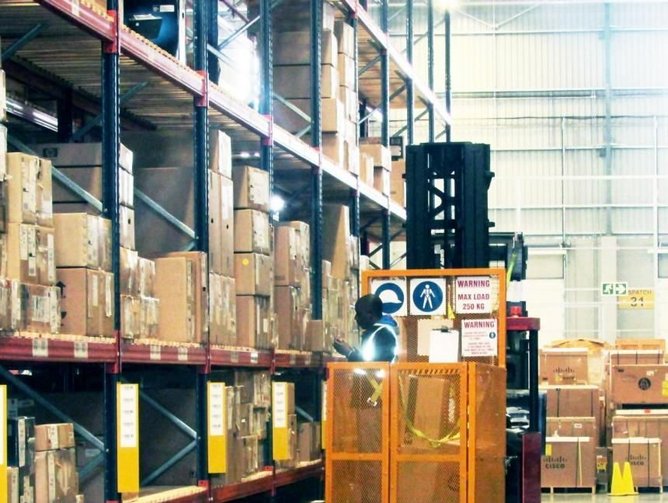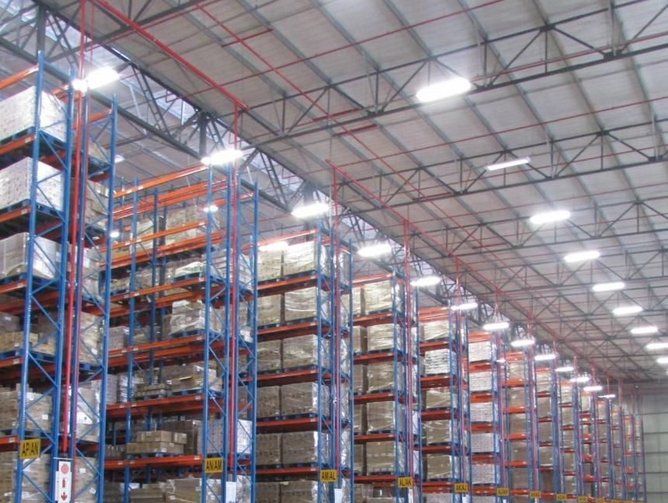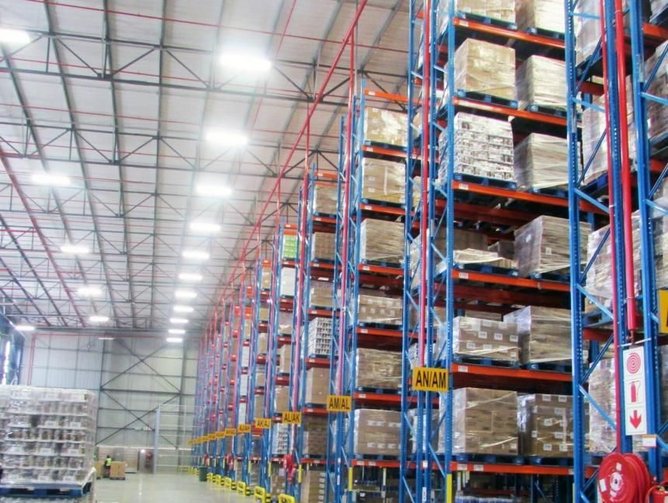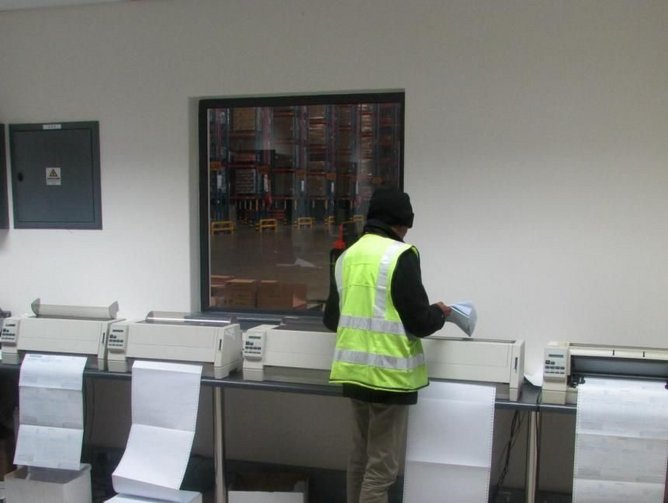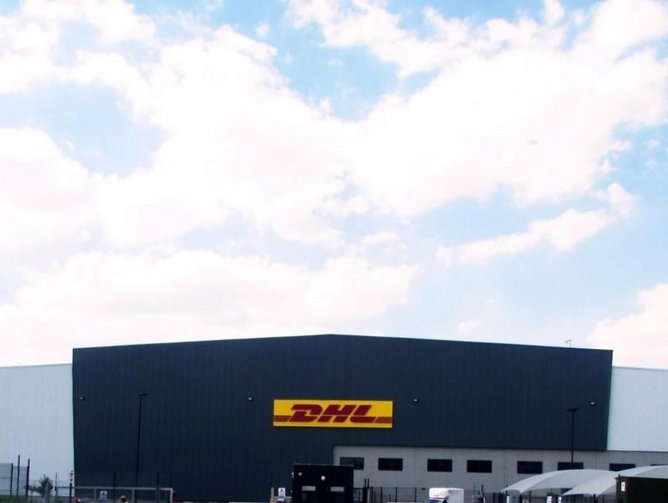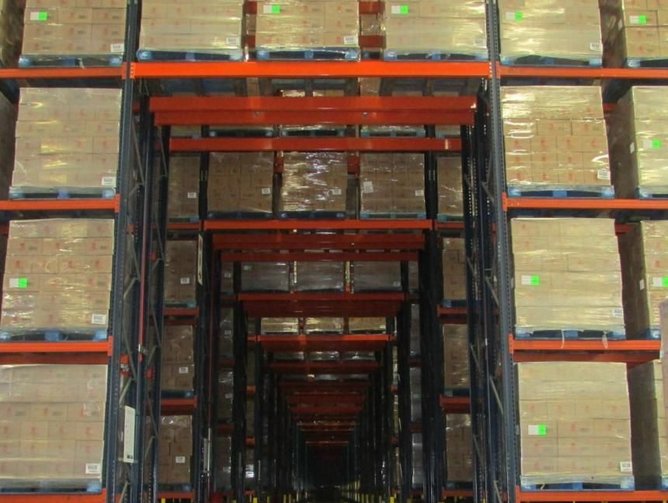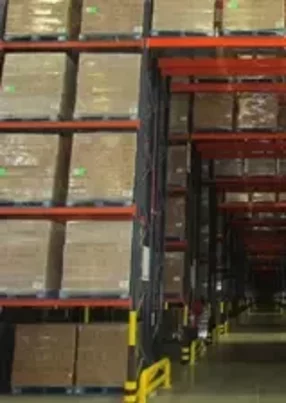Having successfully operated in the continent for nearly 50 years, DHL Supply Chain Africa is now well positioned to further develop its presence. While adopting a range of technological innovations, the logistics company is engaged in a regionally-focused growth strategy that will see its award-winning services and solutions rolled out across even more businesses. Operating in Africa is challenging for any business, but DHL’s success is so intimately tied to that of its customers and partners that an entirely new level of performance is demanded on a daily basis. Backing up its operational and regional growth, the company has also made a concerted effort to develop its talent base, while maintaining its exemplary CSR initiatives.
Operations
DHL Supply Chain Africa also offers a broad spectrum of supply chain services which cover everything from sourcing, storage, supply chain analytics and lead logistics provider (LLP) services. Leveraging its extensive cross-sector experience, the company is also able to provide warehousing services from raw materials to finished goods.
DHL Supply Chain Africa’s CEO Paul Stone emphasises that on top of delivering a diverse and often challenging remit, the company is also able to maintain an ethos of continuous improvement: “We have a team that drives continuous improvement in the business and a culture of striving to be better year-on-year.
“This is striven for, budgeted for and driven from the top and we have a group of people who are managing to drive that through a number of different initiatives and processes. Those might be new systems, enhancements to existing systems or process reviews. So continuous improvement is pretty much embedded in the DHL Supply Chain team culture.”
Supply chain management
Stone explains that, while the company’s SCM strategy is consistent across all countries, it remains flexible, depending on the situation: “We have approximately 700 of our own vehicles on the road on any given day and also partner with a number of subcontractors across Africa to different degrees.
“We manage this on a straightforward SLA basis currently with the aim of forging long term partnerships. Most of the subcontractors have worked with us for 5 years or more and during this time they have come to understand our business and our customer's needs.”
Due to the unpredictability of local markets, supplier investments are, by necessity, made over a shorter time period, as Stone explains. He says: “Our business is cyclical. A contract will typically run between three to five years so we always have that on-going real time view rather than a 10 or 15 year view because that would be impossible for me to predict.”
In order for DHL Supply Chain Africa’s remit to be executed seamlessly, the company has spent a great deal of resources on ensuring that its staff are qualified and motivated to achieve world-class results. Stone explains: “We have dedicated training programmes at all levels. We also have development programmes where we identify talent and nurture that talent to get to the next level. We have a clear plan which includes, amongst others, mentorship programs, planned events and personal development plans.”
Technology
While Stone compares South Africa’s infrastructure favourably to more advanced European economies, he and his teams are intimately aware of the challenges that lie outside of the continent’s second largest economy. He is also keen to leverage technology to make the best of a sometimes unfavourable situation: “Every customer needs to have information in real-time. I don't see any customer who doesn't want to have a real-time dashboard on their smartphone so they can understand what is happening.
“So we offer a consistent solution that gives that visibility across the continent. We've invested in technology and visibility tools and this is to be enabled for our customers as well. This is a key differentiator in the market for us. Will we be the cheapest in town? No, but we will deliver a superior service that allows the customer to enhance their own offer.”
He adds that the business only uses the best-in-breed IT Solutions, particularly across finance, warehouse and transport management: “For example we have Mix Telematics in our IT landscape which provides some of the visibility that we're talking about and then for warehouse management we deploy the market leading Manhattan’s WMS.
“I can also put another view on top that we call Connected View, which is a DHL system that takes visibility to another level. Depending on the customer, they can have visibility right from when their order is picked through to delivery and individual case level if they wish to do so.”
DHL Supply Chain Africa is backing up this technological offering with a number of physical assets which include fleet replacement which takes into account a number of new key customers moving forward.
Social Responsibility
“We want to grow in a way that is culturally balanced; I don't just want a business that wins from a monetary side. It's got to be a business that has got the right culture, the right ethos, and the right work ethic to go forward. That’s important to me and important for our group,” Stone explains.
DHL Supply Chain Africa has a dedicated CSR team that operates on both local and regional levels, which works to achieve both environmental and social goals. Alongside funding and volunteering for a range of initiatives to this end, the company also uses its strong internal governance measures to improve standards and drive out corruption.
“We are already paperless in our warehouses and within the office environment we have a number of different initiatives to drive paper out of our business. I can't say we are a completely paperless society but we are moving to that culturally.”
Having been a logistics leader in Africa for so long has not given DHL Supply Chain Africa cause to be complacent. The company has invested in both its technological assets and its workforce to ensure that the business is robust enough to weather the often unpredictable nature of the developing continent. Ensuring that its operations are having a positive impact on both communities and the environment has cemented its reputation as a business that cares deeply about the future of Africa.
